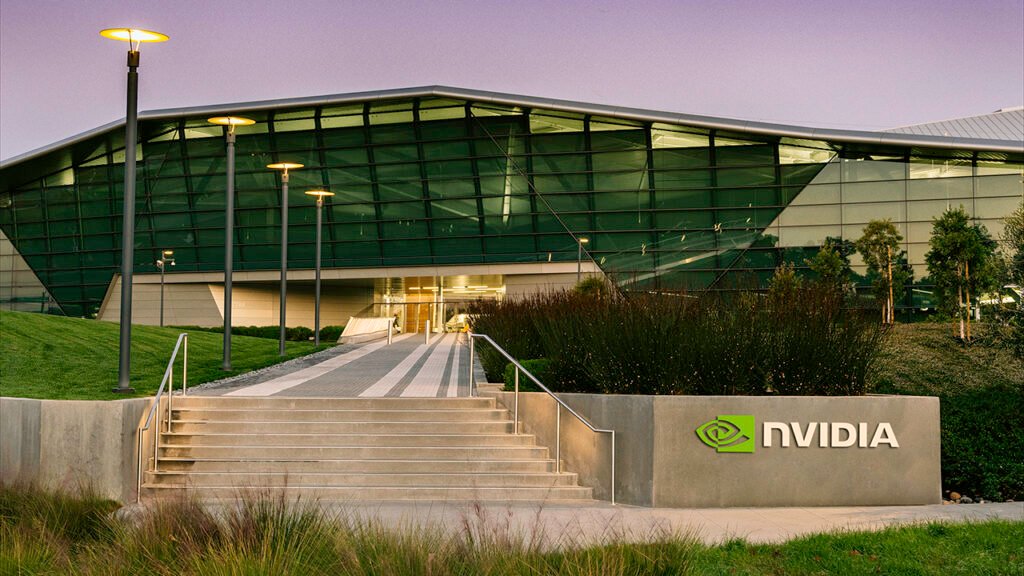Quantum computing, a concept once relegated to the realm of science fiction, now stands at the threshold of reality, promising to reshape the landscape of computation as we know it. Unlike traditional computers, which rely on bits to represent data as binary digits (0s and 1s), quantum computers harness the power of qubits—quantum bits capable of existing in multiple states simultaneously through phenomena such as superposition and entanglement. In this article, we embark on a journey through the recent breakthroughs in quantum computing technology and delve into its vast potential across diverse fields.
UNDERSTANDING QUANTUM COMPUTING:
To truly appreciate the potential of quantum computing, it’s essential to grasp its fundamental principles. While classical bits are binary and can only be in one of two states, qubits can exist in a superposition of states, allowing them to hold multiple values simultaneously. This unique property enables quantum computers to process information exponentially faster than classical computers, particularly for certain complex problems.
A BRIEF HISTORY OF QUANTUM COMPUTING:
The origins of quantum computing can be traced back to the early 1980s when physicist Richard Feynman proposed the idea of using quantum systems to simulate quantum phenomena more efficiently than classical computers. Building upon this foundation, David Deutsch introduced the concept of a universal quantum computer in 1985, laying the groundwork for modern quantum computing.

The 1990s witnessed a pivotal moment with Peter Shor’s development of a groundbreaking quantum algorithm for factoring large numbers efficiently—a task that poses a significant challenge for classical computers. This breakthrough sparked widespread interest in quantum computing and established it as a viable field of research.
ADVANCEMENTS IN QUANTUM COMPUTING TECHNOLOGY:
In recent years, significant strides have been made in the development of quantum computing hardware, software, and algorithms. Companies like IBM, Google, and Rigetti Computing have emerged as frontrunners in this domain, making headlines with their efforts to build and scale quantum processors. Google’s achievement of quantum supremacy in 2019 marked a major milestone, demonstrating the capability of quantum computers to outperform even the most powerful classical supercomputers in certain tasks.

Furthermore, advancements in error correction, coherence times, and qubit connectivity have addressed critical challenges, paving the way for the realization of practical quantum computers capable of tackling complex real-world problems.
COMPARISON WITH CLASSICAL COMPUTERS:
Quantum computers are often heralded as potentially exponentially more powerful than classical computers for specific tasks. Their ability to leverage superposition and entanglement allows them to explore multiple possibilities simultaneously, offering a significant advantage in various fields such as cryptography, optimization, and materials science.
For example, in cryptography, quantum computers could potentially break conventional cryptographic protocols like RSA and ECC by quickly factoring large numbers. Conversely, they offer the promise of secure communication through principles such as quantum key distribution (QKD), ensuring the confidentiality and integrity of transmitted data.
In optimization, quantum computers excel at solving complex problems such as the traveling salesman problem and portfolio optimization by simultaneously evaluating numerous potential solutions. This capability has profound implications for industries like logistics, finance, and supply chain management, where optimization is crucial for efficiency and cost savings.
Similarly, in drug discovery, quantum computing can accelerate the process by simulating molecular interactions and predicting the properties of potential drug candidates. This could lead to the development of more effective treatments for diseases such as cancer, Alzheimer’s, and COVID-19.
POTENTIAL APPLICATIONS OF QUANTUM COMPUTING:
The potential applications of quantum computing span across various domains, including cryptography, optimization, drug discovery, and materials science.
Cryptography: Imagine you have a secret code to keep your messages safe. Regular computers can sometimes crack these codes, but quantum computers can do it much faster. However, quantum technology also offers a way to create super-secure codes that even quantum computers can’t crack.
Optimization: Think of a puzzle with many possible solutions, like finding the fastest route for a delivery truck or figuring out the best mix of investments for your money. Regular computers check each solution one by one, but quantum computers can explore all possibilities at once, finding the best answer much quicker.
Drug Discovery: Finding new medicines is like searching for a needle in a haystack. Quantum computers can help by simulating how molecules interact, making it easier and faster to find potential drugs for diseases like cancer or COVID-19.
Materials Science: Scientists want to create new materials with special properties, like super-strong metals or super-efficient solar panels. Quantum computers can help by simulating how atoms behave, helping researchers design these new materials more effectively.
In short, quantum computing has the potential to revolutionize many fields by solving complex problems much faster and more efficiently than traditional computers.
CHALLENGES AND FUTURE OUTLOOK:
Despite the remarkable progress, several challenges remain to be addressed before quantum computing achieves widespread adoption. These include enhancing qubit coherence and error rates, developing scalable quantum algorithms, and constructing fault-tolerant quantum systems.

Looking ahead, continued research and collaboration across academia, industry, and government will be pivotal in overcoming these challenges and unlocking the full potential of quantum computing. As the technology matures, we can anticipate increasingly impactful applications that revolutionize industries and address some of society’s most pressing challenges.
CONCLUSION:
The journey from science fiction to reality has been nothing short of extraordinary for quantum computing, and the momentum shows no signs of waning. With ongoing advancements in hardware, software, and algorithms, quantum computing is poised to revolutionize computation, ushering in a new era of innovation and discovery. As we continue to explore the boundless possibilities of this transformative technology, the future holds endless opportunities for those ready to embrace the quantum revolution.


